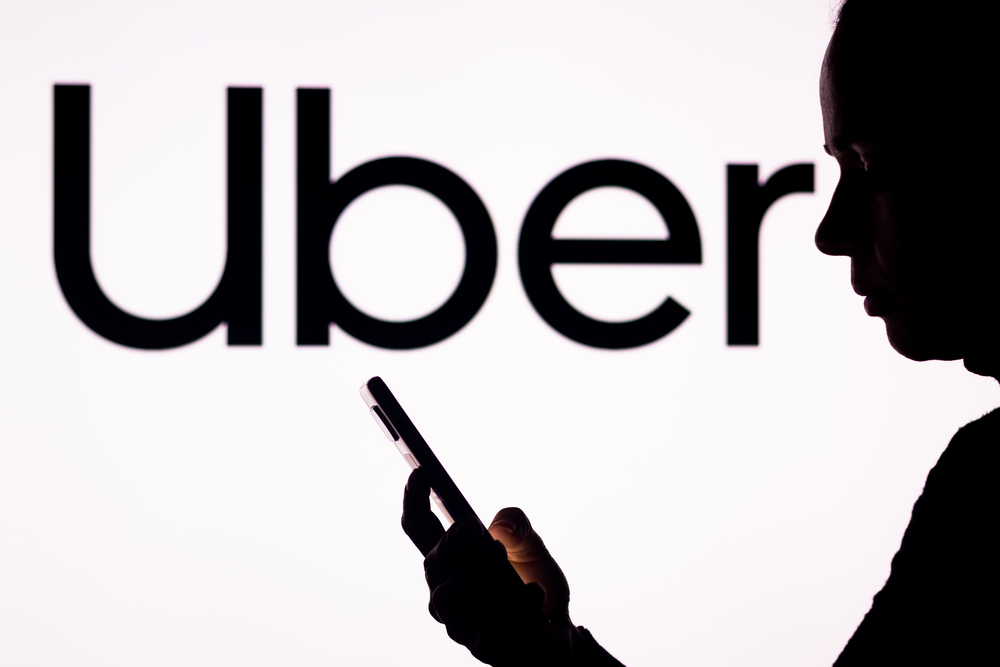A profit figure can temporarily distract attention.
Uber's financial results last Tuesday drew a lot of attention. After more than a decade of operating losses, the Silicon Valley technology giant has finally turned black. A profit of almost 300 million euros after staggering billions in losses in almost a decade is indeed remarkable. But it also raises important questions about Uber's business model and its future.
Let's first consider the historical context. Since its inception in 2009, Uber has turned the traditional taxi market upside down worldwide. But this disruption has not been without controversy. In the Netherlands, where Uber has operated since 2012, the company has faced protests from drivers who oppose what they see as "bogus self-employment'. This claim indicates that while Uber drivers are considered self-employed, they are in fact more like traditional employees given the degree of control and dependency Uber has over them.

Uber's problems go beyond its finances. The company has faced numerous ethical issues, ranging from allegations of a toxic corporate culture to concerns about passenger safety. Although Khosrowshahi has worked to improve the company's image, question marks still remain. A profit figure can temporarily distract attention.
It is also noteworthy that, despite the operating profit, Uber laid off a significant portion of its workforce earlier this year. Should we celebrate this win when hundreds of jobs were at stake? And then there's the issue of operating profit itself. We must distinguish between actual profitability and a one-off financial 'plus'. Previously, Uber had shown paper profits, but as this post makes clear, this is the first time the company has turned a profit based on its core business. It is too early to say whether this is a sustainable trend or a short-lived spike.
Under former CEO Travis Kalanick Uber was known for aggressive expansion, often at the expense of profitability. With projects like the self-driving car initiative costing billions with no clear route to market, it seemed Uber was more interested in growth than profit. With the advent of Dara Khosrowshahi changes have undoubtedly been made at the helm of Uber. He has shifted priorities and pulled the company out of some markets. But while these earnings numbers seem like a turning point, there's still a long way to go.
The negative stock market sentiment, despite the positive earnings news, is an indication that investors still have questions about the company's long-term prospects. The recent win is certainly an important moment, but we see it in the context of its tumultuous history and the wider issues surrounding its business model and employee relations.



